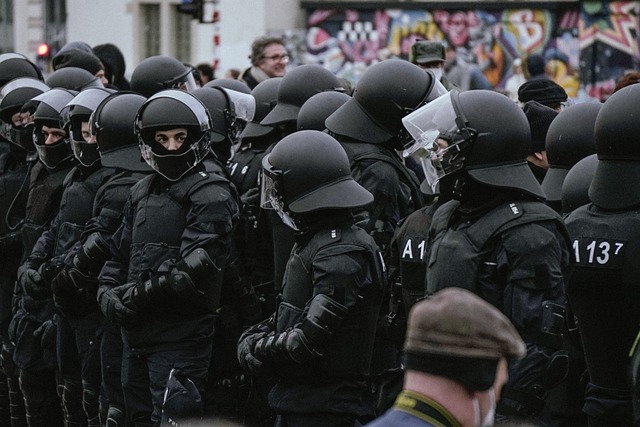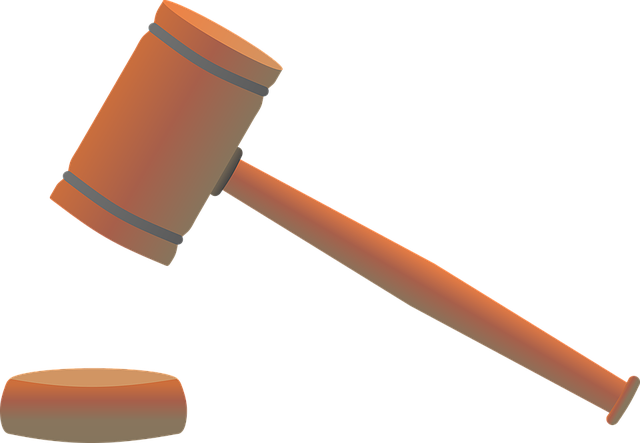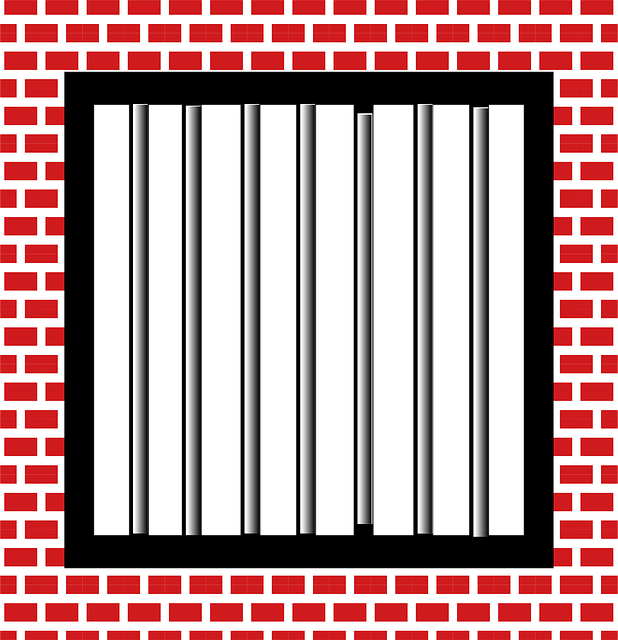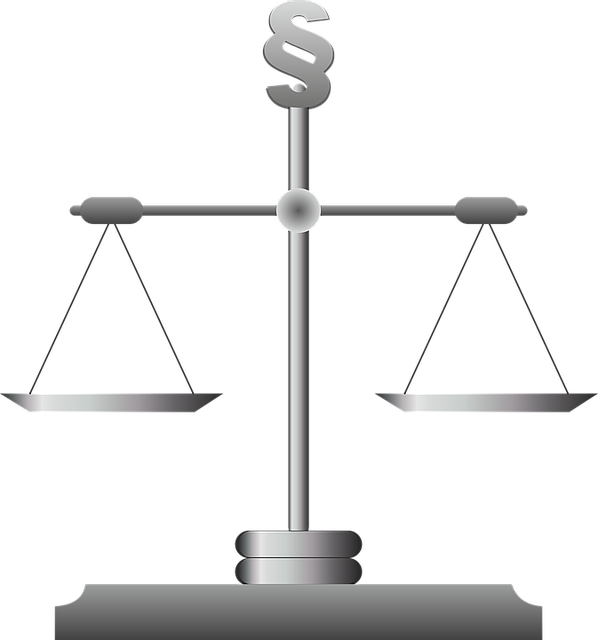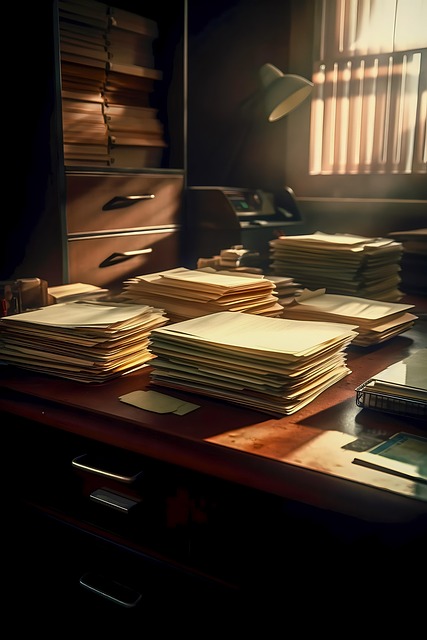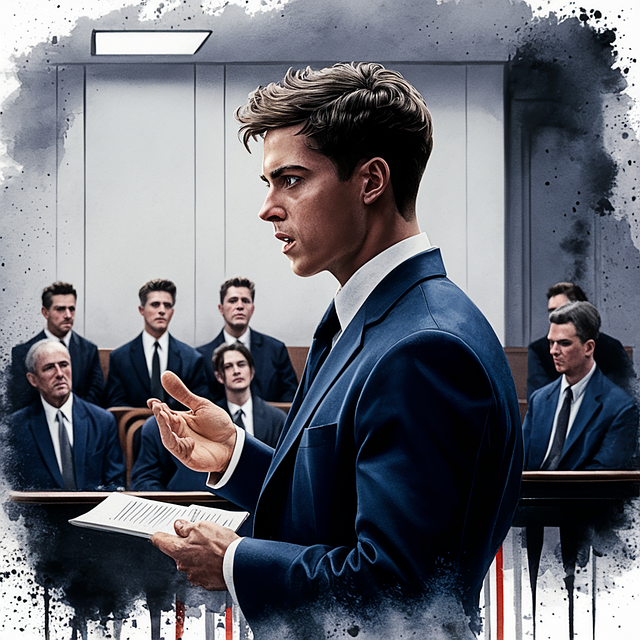The selection of impartial jurors is a significant challenge in public corruption cases due to their complexity and sensitive nature. These trials demand a meticulous process to ensure fair outcomes, as the consequences affect both individuals and community trust. Attorneys must strategize to uncover biases, understand complex issues, and select jurors capable of objectively evaluating evidence, balancing legal arguments, and upholding justice. Effective jury selection is crucial for winning verdicts against robust defenses, maintaining public integrity, and preserving trust in the legal system. The Challenges Faced During Jury Selection are a key focus in achieving just outcomes.
“Public corruption charges pose unique challenges within the legal system, demanding meticulous consideration during jury selection. This article delves into the intricate process of understanding and navigating these complexities. From defining public corruption to exploring the legal framework, we analyze the difficulties faced in selecting impartial jurors for such sensitive cases. We also discuss strategies for effective questioning, aiming to identify biases and preconceptions. Furthermore, it examines methods to ensure a fair trial, addressing the challenges inherent in prosecuting public corruption.”
- Understanding Public Corruption Charges: Definition and Legal Framework
- The Complexities of Jury Selection in Corruption Cases
- Identifying Potential Biases and Preconceptions Among Prospective Jurors
- Strategies for Effective Questioning During Jury Screening
- Ensuring a Fair Trial: Overcoming Challenges in Public Corruption Trials
Understanding Public Corruption Charges: Definition and Legal Framework

Public Corruption Charges refer to illegal actions taken by public officials or those with authority, leveraging their positions for personal gain or that of third parties. This includes a range of misconduct such as bribery, extortion, and abuse of power. The legal framework surrounding these charges varies by jurisdiction but generally involves strict regulations and penalties designed to maintain integrity in governance. Understanding the nuances of these charges is crucial for both ensuring transparency in public life and achieving extraordinary results in respective business sectors.
Navigating jury selection in corruption cases poses unique challenges. The process demands careful consideration due to the often complex and sensitive nature of the allegations. Jurors must be able to set aside biases and prejudices, as well as understand the intricate legal concepts involved, to render just verdicts. Jury trials play a pivotal role in these cases, providing a forum for presenting evidence and arguments, ultimately leading to either acquittals or convictions that can shape the public’s perception of integrity in public service and business dealings.
The Complexities of Jury Selection in Corruption Cases
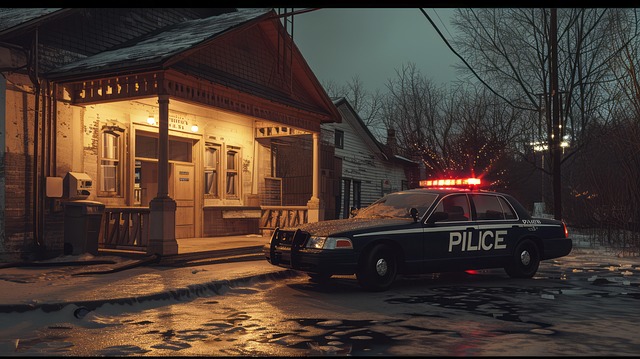
Jury selection in public corruption cases presents unique challenges, often reflecting the intricate nature of such crimes. With complex financial schemes and nuanced legal arguments, finding an impartial jury can be a daunting task. Jurors must possess a solid understanding of economic principles and the ability to navigate the fine line between corporate and individual culpability, especially when white-collar and economic crimes are involved. The process becomes even more complicated when considering cases spanning across the country, requiring prospective jurors to grasp not only the specific legal nuances but also the broader societal implications.
These challenges demand a strategic approach. Lawyers employ various tactics, from thorough questioning during voir dire to striking potential jurors based on their backgrounds and prior experiences. The goal is to ensure that the final jury can comprehend and fairly assess the complexities of these cases, distinguishing between legitimate business practices and corrupt activities. Effective jury selection is crucial for delivering just outcomes in corruption trials, where the stakes are high and public trust is at stake.
Identifying Potential Biases and Preconceptions Among Prospective Jurors

During jury selection, one of the primary challenges is identifying potential biases and preconceptions among prospective jurors. This process becomes even more intricate in high-stakes cases where the outcome can significantly impact not just the accused’s life but also the broader community’s trust in the legal system. Jurors may inadvertently carry personal beliefs or experiences that could cloud their judgment, especially when dealing with sensitive topics like public corruption. For instance, a previous association with law enforcement or a strong political stance might influence their perception of the evidence presented.
Attorneys must navigate these challenges by employing strategic questioning techniques to uncover hidden biases. This deliberate approach is crucial for achieving extraordinary results, particularly in winning challenging defense verdicts. By carefully screening jurors, defense teams can ensure a fair and impartial jury, which is essential for upholding justice and delivering balanced judgments in such high-profile cases.
Strategies for Effective Questioning During Jury Screening
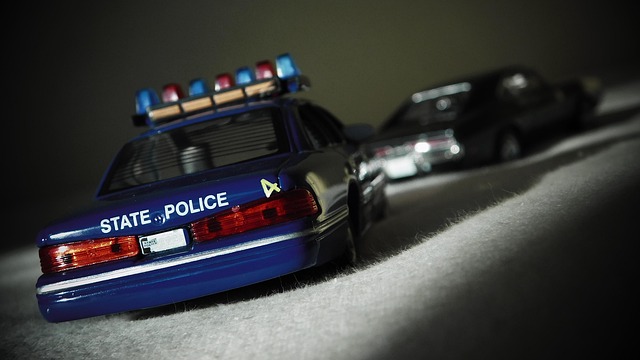
During jury screening, attorneys face the challenge of selecting a fair and impartial jury that understands complex legal issues, especially in white-collar defense cases. Effective questioning is key to overcoming these challenges. Lawyers should aim to uncover potential biases or prejudices that might influence the jurors’ decisions. This involves delving into their prior knowledge, experiences, and opinions about public corruption, as well as their views on government transparency and accountability. By asking targeted questions, attorneys can gauge how open-minded each prospective juror is and whether they possess the intellectual capacity to set aside preconceived notions.
Strategic questioning also helps in identifying individuals who might be sympathetic to law enforcement efforts or have a strong moral compass, which could prove beneficial for winning challenging defense verdicts. It’s crucial to balance thorough inquiry with sensitivity, ensuring that jurors feel respected and heard while maintaining the integrity of the process. This delicate approach can ultimately lead to a more engaged jury trial environment, where each member is committed to reaching a just and unbiased conclusion.
Ensuring a Fair Trial: Overcoming Challenges in Public Corruption Trials

Ensuring a fair trial is paramount in public corruption cases, but it’s not without its unique set of challenges. One significant hurdle is navigating the intricate nature of jury selection. Across the country, prosecutors often face the task of assembling a panel that can objectively weigh evidence spanning complex financial transactions and legal jargon. The process demands meticulous consideration to overcome potential biases and ensure a winning challenging defense verdict.
Moreover, these trials demand careful management throughout all stages of the investigative and enforcement process. From gathering irrefutable evidence to presenting it in a comprehensible manner, every step requires precision. Jurors must be able to appreciate the nuances of public corruption, which makes effective communication crucial. This meticulous approach is essential to secure justice and maintain public trust in our legal system.
Public corruption charges present unique challenges faced during jury selection, demanding meticulous questioning and an understanding of potential biases. By navigating these complexities, ensuring a fair trial becomes achievable. Through effective strategies that counter preconceptions, the legal system can foster impartial juries, ultimately upholding justice in public corruption cases. This comprehensive approach is crucial in maintaining public trust and ensuring that trials reflect the integrity of our judicial process.
